'My research explores the detrimental impacts on women in remote communities who cannot easily escape abusive relationships in the under-researched area of transport justice for Indigenous people.'
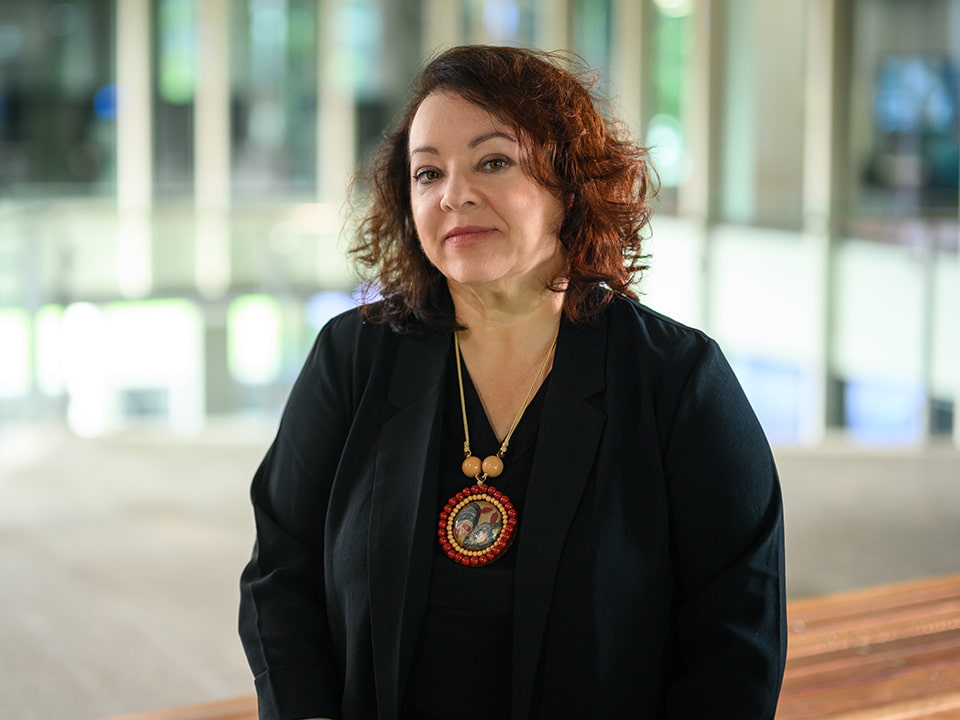
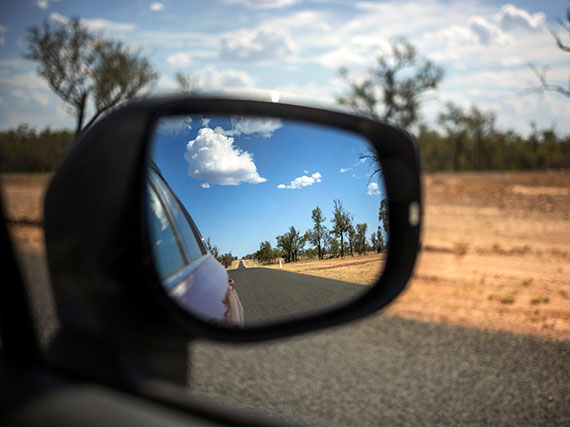
The spark
'I am a feminist legal researcher who has chosen to research and write about domestic and family violence committed against women and children, because the women in my own family have been exposed to such abuse. I am passionate about identifying different ways abused women can regain their confidence and independence. Being licensed to drive and having access to a reliable vehicle can offer a woman a way out of an abusive relationship, give her the ability to better parent her children, give her the option to study or work and allow her to be of service to her family and community. Just being able to drive could mean the difference between being stuck in a bad personal situation or regaining safety and freedom.'
Research aim
'By working with community and engaging with the people this issue affects, I hope to be able to gather data for my research project to present to the appropriate legal and transport authorities. The aim is to help build a better system for Indigenous people to obtain a driver license in Queensland which recognises important traditional and cultural ways of communicating and learning.'
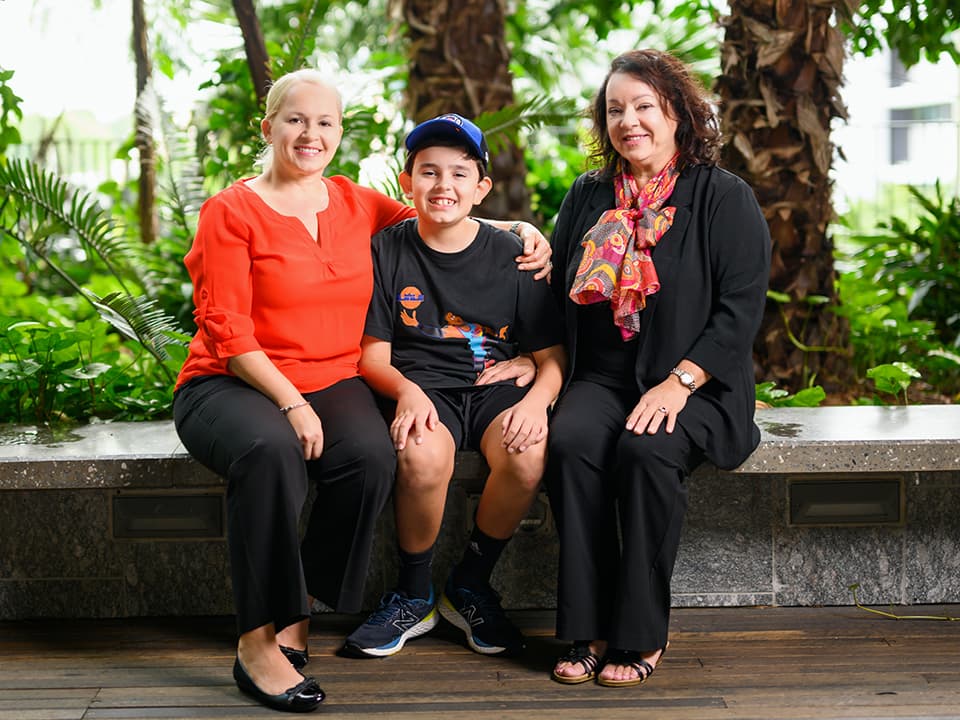
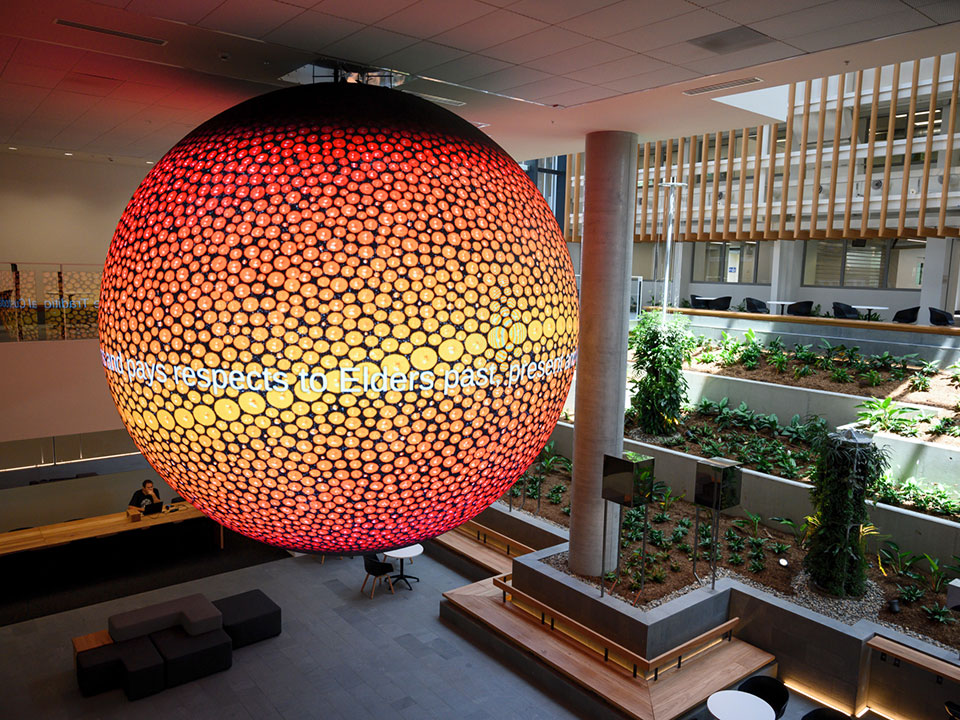
Real world implications
'Setting up a new system which offers support to Indigenous people who want to get a driver licence would result in several benefits. For example, the incarceration rate for Indigenous people for committing driving offences is very high in Queensland, in comparison to non-Indigenous people. A better licensing system would keep people out of jail for committing minor driving offences. A new system could also assist women living in remote areas who are in abusive relationships to remove themselves from harm and move into an independent life.'
Aspirations
'I'm excited to engage with remote communities, police and transport authorities in Queensland on a more culturally appropriate system for Indigenous people to obtain a driver licence, which is key to advancing independence and safety. The challenge I'd like to overcome is seeing Australia's laws and legal systems treat Indigenous people in a fair and just manner by recognising and respecting culture and tradition. No more deaths in custody.'
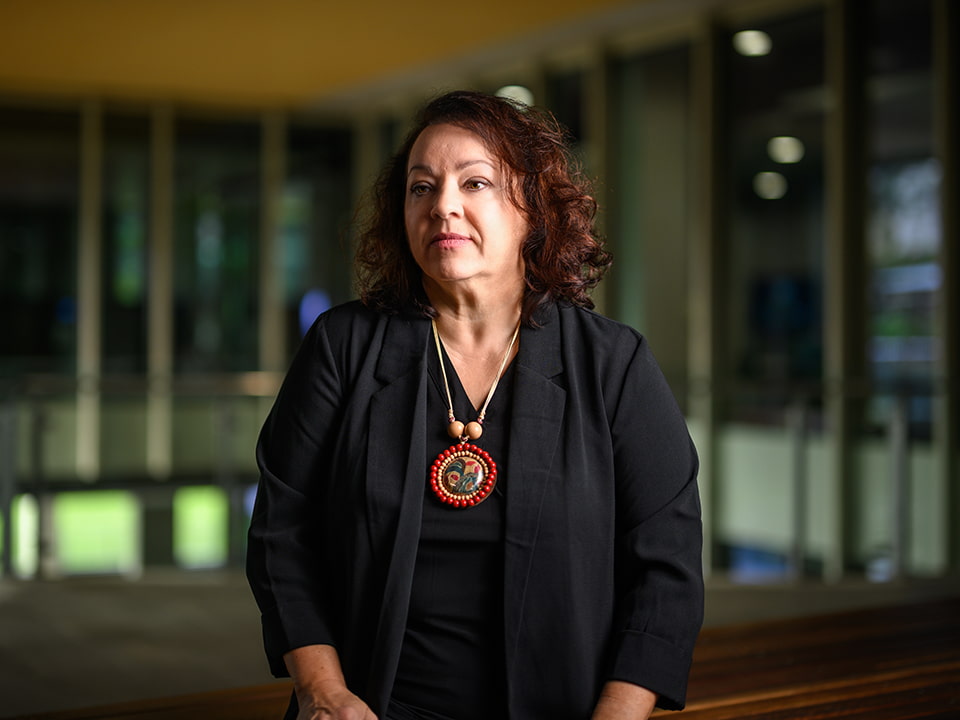
Key publications
Masterton, Gina H. (2016) Australia's embrace of the 1980 Hague Abduction Convention: How the judiciary's narrow interpretation of the "grave risk of harm" exception harms abused taking mothers and their children. Masters by Research thesis, Queensland University of Technology. https://eprints.qut.edu.au/96109/
Masterton, Gina H. (2019) Fleeing family violence to another country and taking your child is not 'abduction', but that's how the law sees it, The Conversation.

